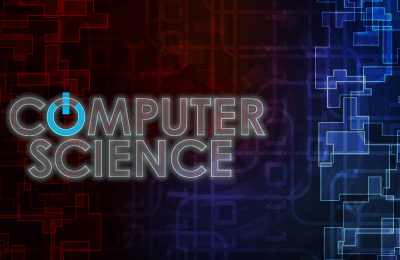
Name of qualification: Master of Computer Science
Structure of the Program
The language of teaching - Georgian
The Program consists of mandatory and elective courses. The mandatory courses are 70 credits in total, elective courses - 20 credits, Master's thesis - 30 credits.
Several elective courses can be taken from adjacent Master's Programs.
The objectives of the Master Program
The aim of the Master's Program is to give the master knowledge of the main components of modern Computer Science (design and analysis of algorithms, complexity of algorithms, theoretical and practical aspects of data structures, modern programming languages, trends in the development of computer science and the necessary mathematical basis) and develop the necessary skills for creative and effective use of acquired knowledge.
The program is based on world-wide recognized methodology of teaching in the field of computer science in the university environment (Computing Curricula 2005, http://www.computer.org/education/cc2005). This methodology is used in leading universities and has been developed by such well-known societies as: The association for Computer Machinary (ACM, http://www.acm.org), The Computer Society (IEEE-CS, http://computer.org).
Learning Outcomes
The Master of Computer Science will be able to classify the problems of real interest, select theoretical methods and technological means, then process and implement tasks. Master will be able to effectively use his / her knowledge both individually and as a member of the team. As a result of learning
A Master will acquire:
• comprehensive knowledge about both fundamental and comparative special algorithms;
• modern programming technologies skills;
• communication, interpersonal and team-working skills;
• ability of analytical and critical thinking, including creative approach and respect of ethical values;
• specific skills for successful carrier-building.
Sectoral competencies, knowledge and understanding
• Deep knowledge of computer sciences;
• Knowledge of the infrastructure of computer sciences;
• Knowledge of analytical, modeling and implementation methods;
• Knowledge of the trends of the development of computer sciences;
• Ability to use knowledge in practical situations.
Sectoral competencies, Ability to use knowledge in practical situations
• Ability to analyze specific problems and create relevant algorithms using theoretical methods of computer sciences;
• Ability to implement algorithms for the optimal solution of real problems by selecting the most appropriate data structures;
• Ability to develop and realize the scientific projects;
• Ability to work independently and in team;
• Ability to protect professional ethical standards;
• Contribute to the establishment of new values.